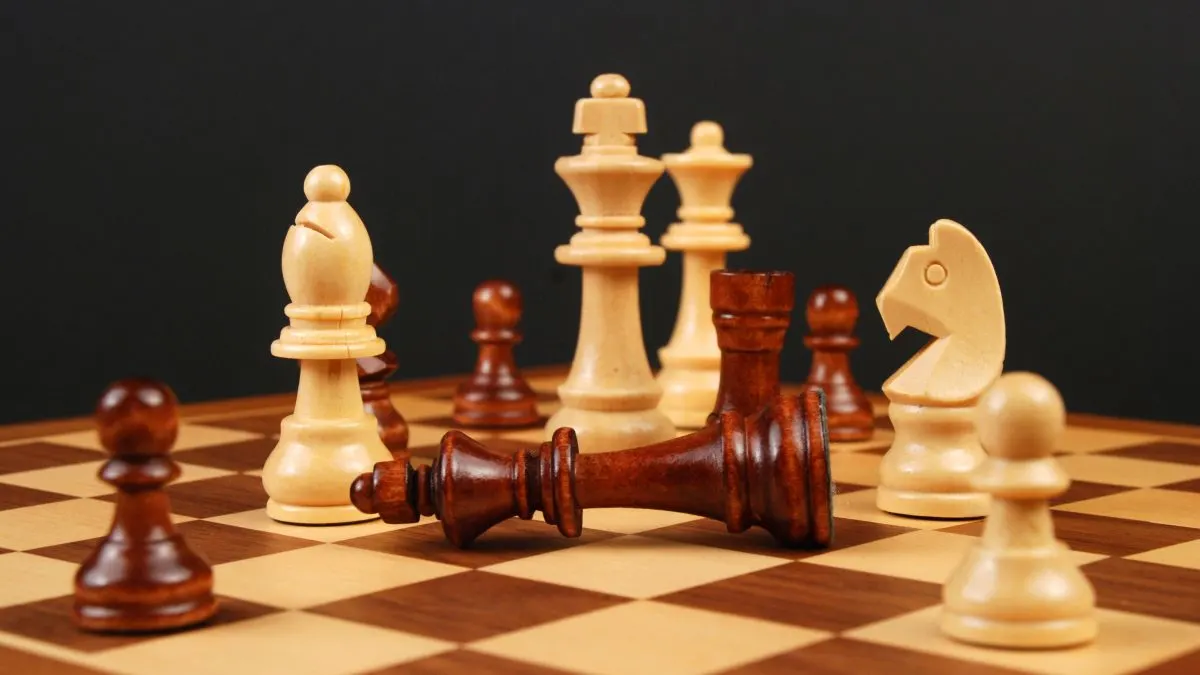Chess, as it is extremely exciting, has played a great role in sharpening skills in critical and strategic thinking, as well as problem-solving. If one is absolutely at the very start or somehow discovers a way to introduce a child to the game, then the right lessons might make all the difference. What should a beginner look for when deciding on chess lessons? This mainly concerns the general principles of chess, the structure of the classes, and the things a learner will need. The guide below will assist you in finding the best with which to start on a good progress.
Selecting the Right Teacher
The teacher will either be the one who makes or breaks the fun part of learning. For beginners, the explanation should be given in a way that makes things simple yet exciting. When choosing a chess teacher, one should look out for these:
Experience with beginners: Some of the greatest teachers who specialize in teaching beginner-level lessons. An excellent teacher can break down even the most complicated ideas into a step-by-step approach so that the novice enjoys learning and playing chess.
Patient and Supportive: The initial steps to learning chess may easily discourage. Therefore, a patient and encouraging teacher is required. The teacher should be able to offer feedback that encourages confidence and motivation.
Interactive Teaching Style: Generally, teachers who utilize visual aids, practical examples, and interactive lessons make learning chess more enjoyable and less monotonous.
Format of the Chess Lessons
The chess lessons can be conducted either online or in person. Both of these formats have their merits; hence, you should consider which format best suits your schedule and learning style.
In-Person Lessons: More personal or hands-on approach because the guide can be done by the teacher in terms of every move made on a physical chessboard. Immediate feedback and interaction are also possible through other students in group settings.
Online Classes: Blended learning is much more flexible, especially for beginners, as they can study online at home. Video tutorials, practice games, and recorded lessons are aplenty so that learners can review them at any time of day. They may be much more suited to busier students or those who prefer to learn at their own pace.
Class Size and Learning Environment
With a smaller class size, there is a higher possibility of more individual attention. Beginners can ask questions or make sure they are doing things right one-on-one or with a few people in a small group. For those who need more of a group atmosphere, larger classes may be sufficient; however, it might prove to be difficult for beginners to get the help that is necessary for such a group.
For kids or beginners who require a bit more interaction, smaller classes will be much more effective. However, group lessons will not work when the teacher is lecturing without an order of events to ensure that each one gets a turn to practice and ask questions.
Conclusion
Understand the fundamentals of the game, have an experienced teacher, and choose the best format and number of students in the class. Be this an in-class or an online lesson, the most important thing is that the course creates confidence and mastery over the game entertainingly. The right chess course for kids brings joy and satisfaction in playing the game in the minds of beginners.


